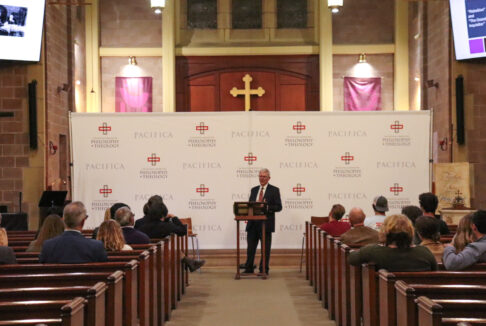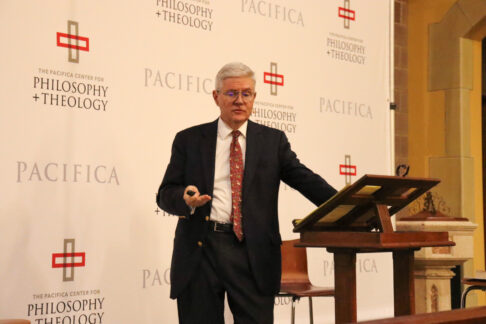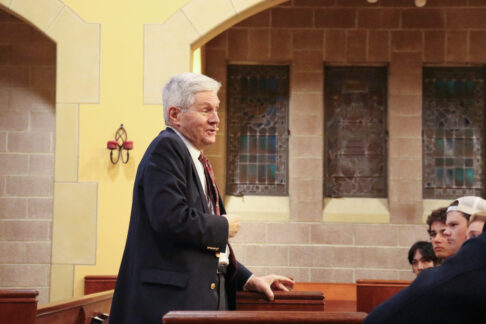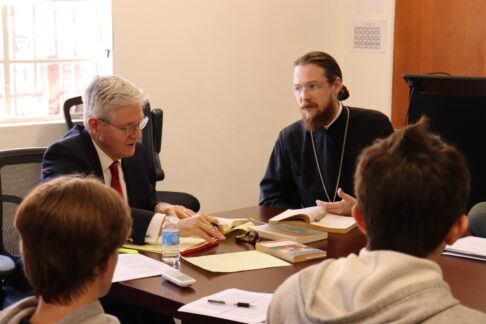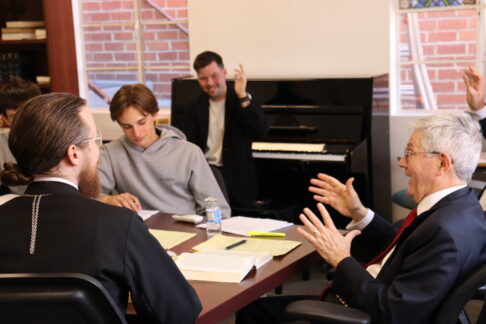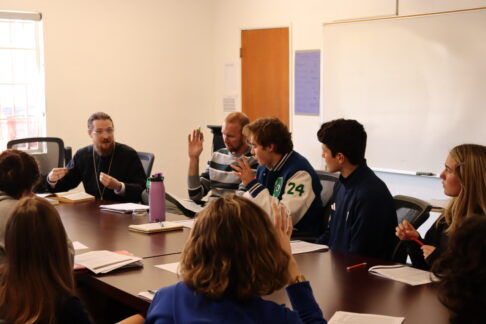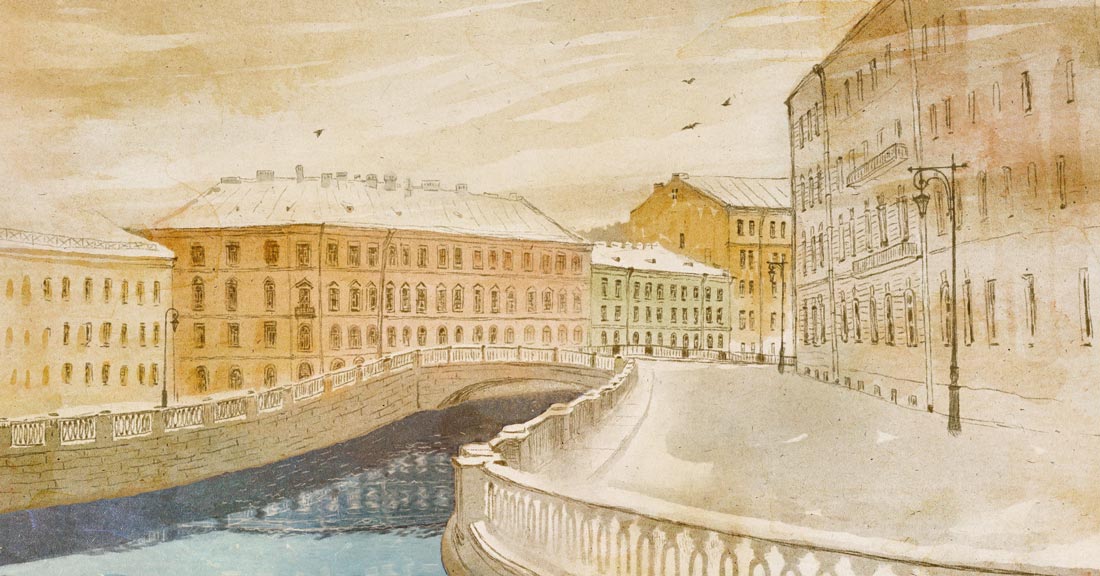Date: Thursday, March 14, 2024
Dostoevsky is often described as “prescient,” even “prophetic.” How did his final novel, The Brothers Karamazov, published in 1881, help us to understand our complex social and spiritual condition in 2024? This lecture identified aspects of our contemporary condition — polarization, challenges to our capacity for attention, the desire for spiritual meaning in what seems to be a “secular age” — and the ways in which Dostoevsky’s novel offered possible ways forward, especially in his vision of “incarnational realism,” embodied by the novel’s hero, Alyosha Karamazov.
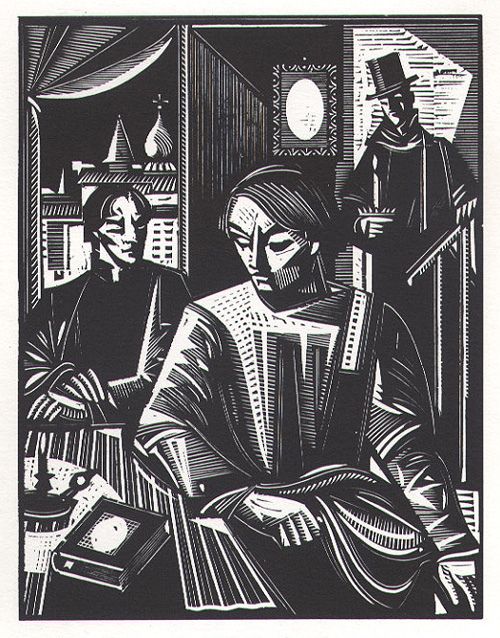
The Lyceum Seminar
Speaker: Dr. Paul J. Contino
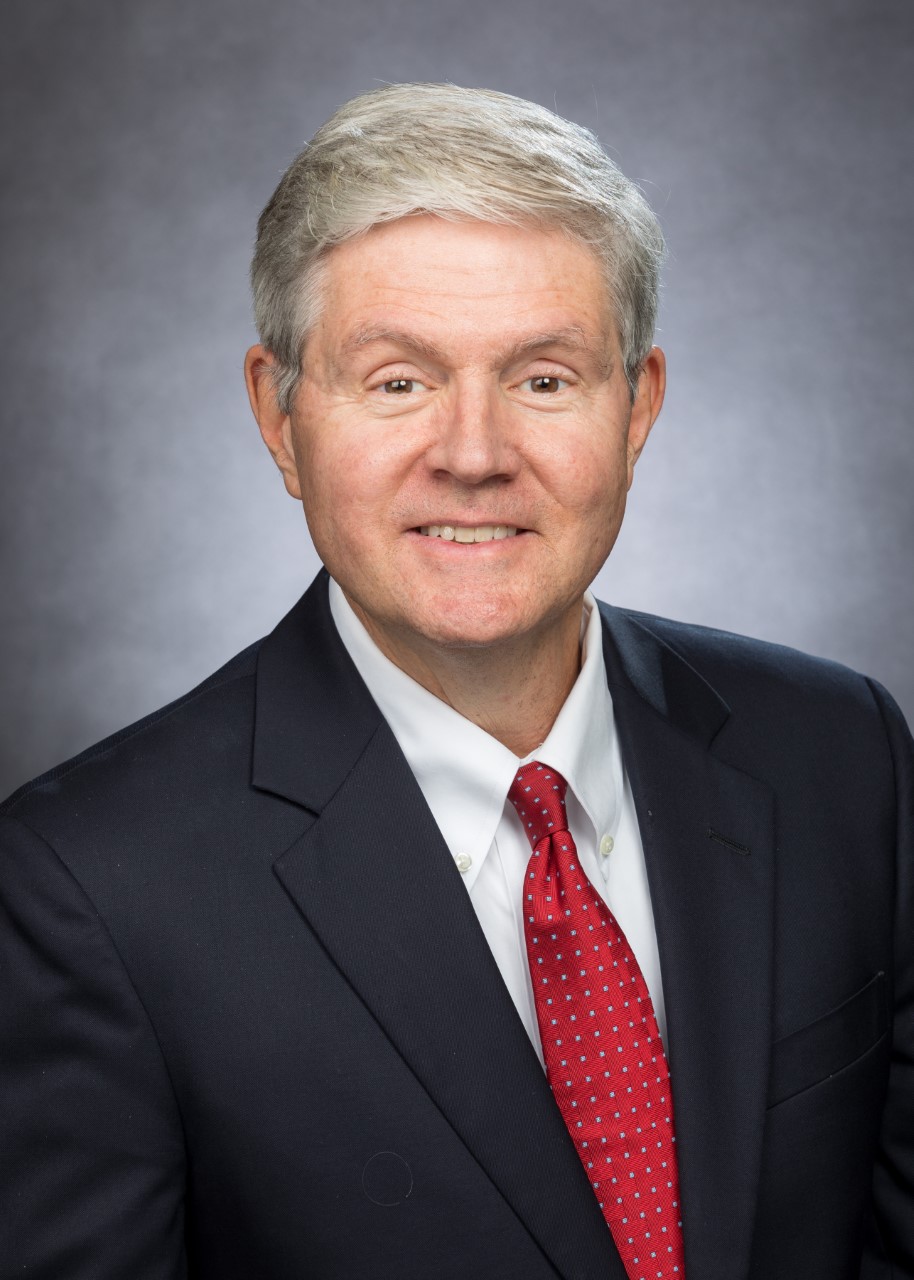
Paul J. Contino is Distinguished Professor in Great Books at Seaver College, Pepperdine University, where he has been twice granted the Howard A. White Award for Teaching Excellence. In 2001 he co-edited and introduced Bakhtin and Religion: A Feeling for Faith (Northwestern UP). He has published a number of essays on Fyodor Dostoevsky, as well as essays on Zhuangzi, Dante Alighieri, and Jane Austen as well as a number of contemporary Catholic authors such as Andre Dubus, Tobias Wolff, and Alice McDermott. His book Dostoevsky’s Incarnational Realism: Finding Christ among the Karamazovs (Cascade, 2020) has been published in Russian translation (Academic Studies Press 2023), and was named a finalist for both the Lilly Fellows and Christianity and Literature book awards.
